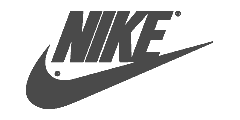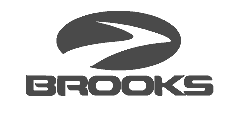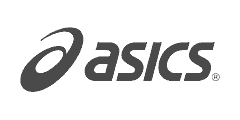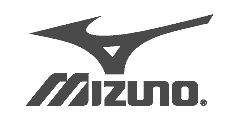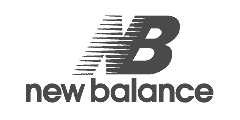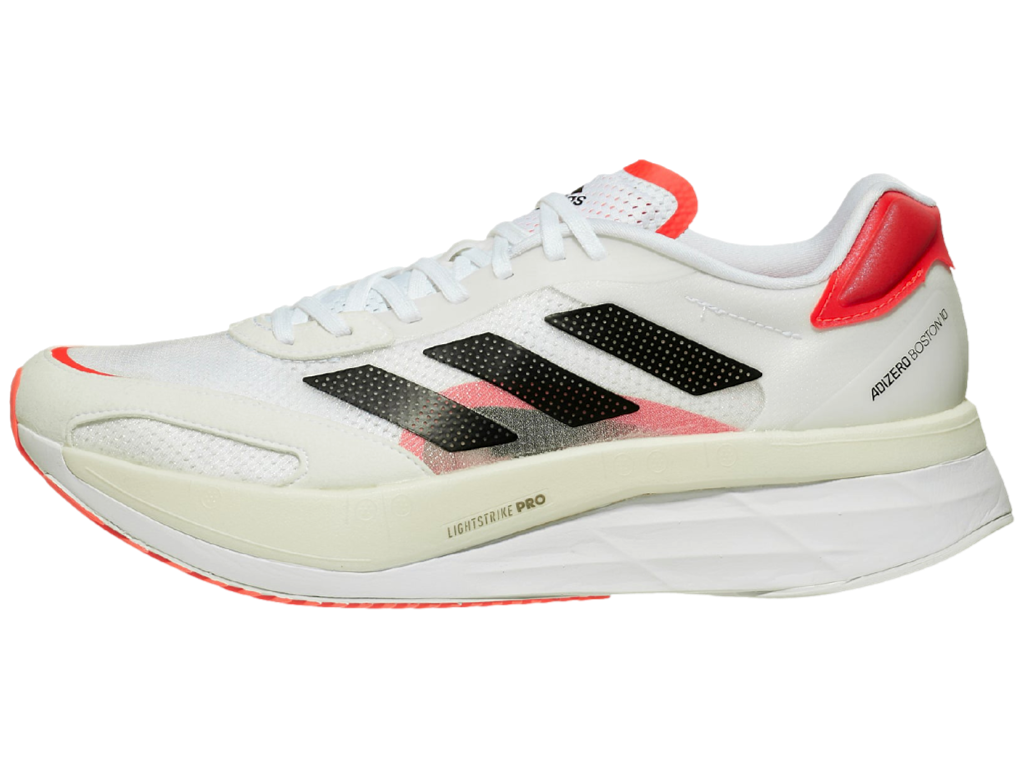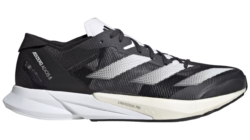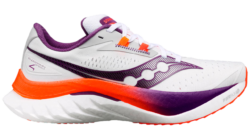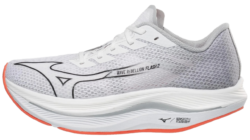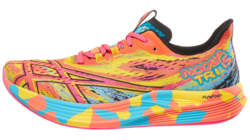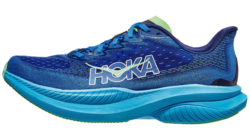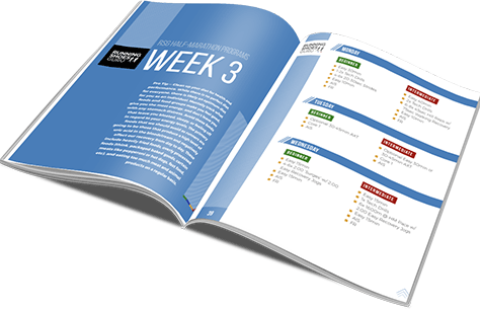Adidas Adizero Boston 10 Intro
Adidas was missing a very important cog in its performance running shoe machine which every other major shoe brand had. I’m talking about a training companion to their flagship marathon racer, the Adios Pro.
Most brands feel that it’s important to have a training companion with a similar ride to their carbon fibre racer but with better durability and a less jarring ride. It’s impractical to do daily training in a +$200 super shoe.
The Boston 10 has now become the more durable training companion to the Adios Pro 2.
The Boston 10 costs $80 less than the Adios Pro 2, has fibreglass Energyrods instead of carbon ones, thicker outsole rubber and a combination of Lightstrike Pro and Lightstrike in its midsole.
Now you’re probably asking, why the Boston? Why not create a completely new shoe like when Nike created the Tempo Next% to be the training companion of the Alphafly Next%?
One reason is that the name “Boston” is a great name for a running shoe: it’s short, catchy, memorable and is the city that hosts the legendary marathon.
I’m sure that many Boston loyalists will disagree with me but since the introduction of the lighter, more versatile Adidas SL20 two years ago, the Boston has become irrelevant.
What’s the point of having two lightweight, tempo trainers?
The Boston series had become stale. There’s only so many times that you can pair Boost with a firmer midsole foam and still expect it to sell well.
Boost feels like a dated midsole foam because it’s so heavy and there doesn’t seem to be a way to make it lighter.
I haven’t bought a Boston in years. There have been far better tempo trainers over the years like the Endorphin Speed and the Razor 3 which are more cushioned and more lively.
The Boston 10 shares nothing with its predecessor except for the name. The best way to think of the Boston 10 is as an Adios Pro Mini: less Lightstrike Pro foam, less stiff and less expensive.
Comparing the Boston 9 and 10 is like comparing apples and pears. The Boston 10 weighs 1.8 oz heavier, has 13.5 mm more heel stack height and costs $20 more.
So is the new, revamped Boston 10 a better Boston than previous versions and how good a training companion is it to the Adios Pro?
Adidas Adizero Boston 10 First Impressions

The first time I saw leaked images of the Boston 10 it looked like a “Frankenstein” shoe with elements of it borrowed from other Adidas shoes.
The upper looked like previous, older versions of the Boston while its midsole looked as chunky as the Adios Pro’s midsole.
The real surprise was the inclusion of Energyrods inside its midsole, a feature which was previously exclusive to the Adios Pro.
I really like the look of the Boston 10. It manages to stand out from the crowd with its massive midsole and retro upper. The suede on the toe cap is very unique for a modern running shoe and makes it look like a lifestyle sneaker.
The first time I put the Boston 10 on my feet, it felt unlike any other Boston I’ve ever worn: it felt fresh and different (in a good way).
The fit was very accommodating and roomy with the length being longer than most running shoes in my normal size.

My first run was a 19 kilometre easy run. The ride felt firm but well-cushioned. It’s one of the heavier shoes I’ve tested recently but the weight didn’t bother me because it still felt efficient with its high toe-spring rocker.
The thing I enjoyed most on the first run was its stiff forefoot which had a little more flexibility than the Adios Pro but still felt snappy. I felt like I could easily increase my speed if I wanted to.
I went down to speeds of 4.15 per kilometre even though it was an easy run and the ride felt effortless at that pace.
Transitions felt very smooth and I was pleasantly surprised by how much I liked the ride because on paper it’s a heavy, stiff, firm shoe.
Adidas Adizero Boston 10 Sole Unit
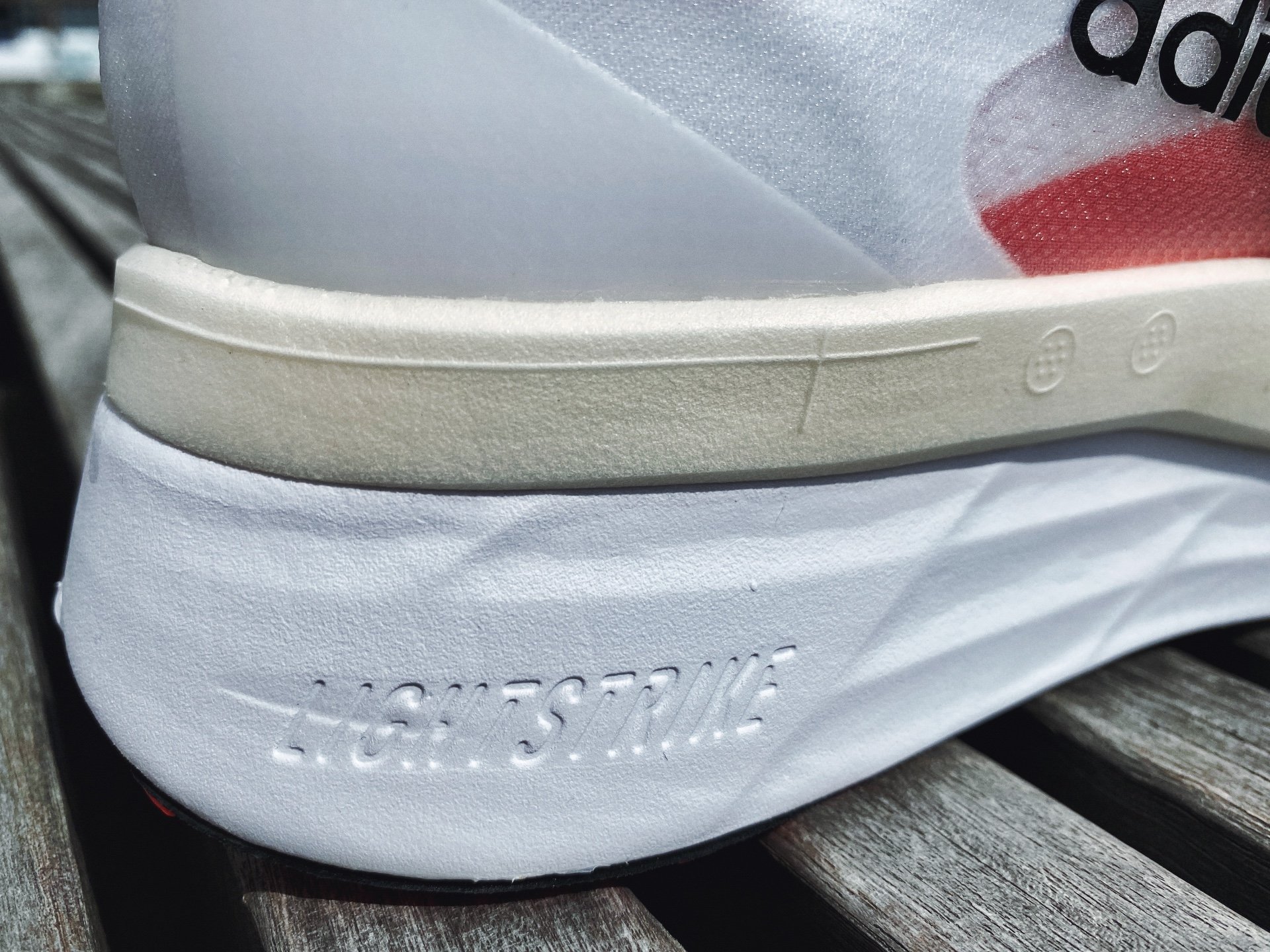
The new jumbo midsole of the Boston 10 makes it much better for long distances. It can now handle marathon distances with ease while also being firm enough for medium-paced efforts.
The Boston 10 feels firmer than most popular daily trainers such as the Ghost, Pegasus and Cumulus and I feel like I’m not losing much energy with my foot sinking down into the foam. It feels more efficient.
I do wish that the midsole was slightly more forgiving. Whenever I switch out the insole to a thicker, Ortholite insole, the ride is much more enjoyable.
The top layer of Lightstrike Pro gives the ride a small amount of energy return while the Lightstrike on the bottom creates a firm, stable platform with less compression and more durability.
I especially enjoy the Boston 10 for medium and long distance runs. I always feel like I can go a little bit further at the end of my runs because of the energy-saving properties of the Energyrods combined with the stiff forefoot.
Ride transitions are really smooth and on long runs, the shoe helps me get into a rhythm so the kilometres just keep racking up without me realising.
I find the Boston 10 a little too heavy and too much shoe for short, tempo runs. The more nimble SL20.2 handles short runs better with its lighter weight and better ground feel- there is no ground feel in the Boston 10.
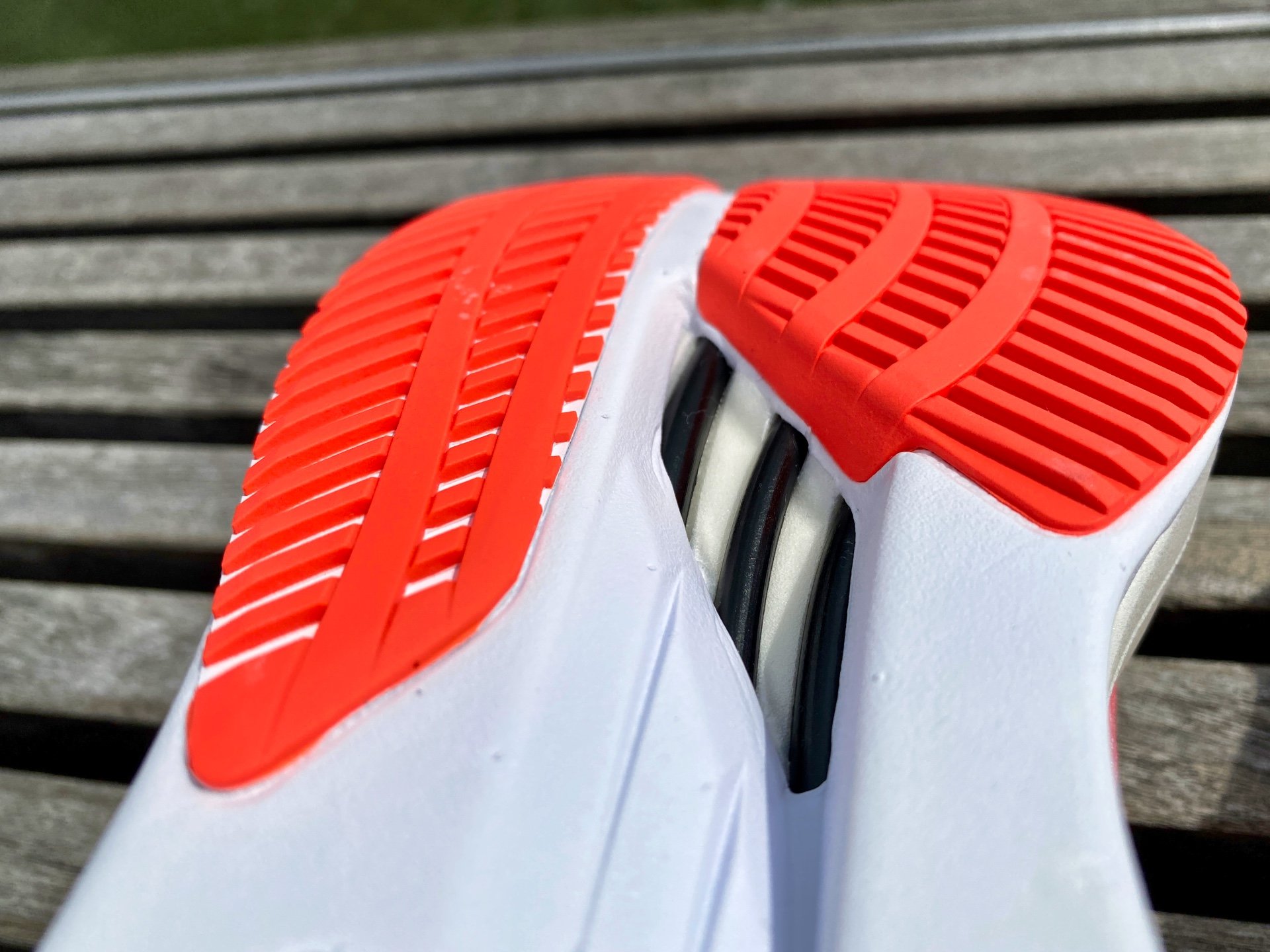
If you lift up the wafer-thin insole of the Boston 10, you can see the plate which extends from the heel to the midfoot.
There’s no mention anywhere what this plate is made of but it feels extremely hard. This plate makes the ride more stable but also makes the rearfoot feel firmer than the forefoot.
The fibreglass Energyrods inside the midsole are slightly flexible and are the perfect rigidity for a snappy feel.
To me, the ride feels more natural than shoes which have plates in them because the rods are aligned with the metatarsals of your foot.
The ride is very stable for a shoe with such a large stack height. What makes it so stable is its firm midsole foam and its raised Lightstrike Pro sidewalls that cup the foot.
This level of stability is impressive for a tall 39.5mm heel.
On the outsole, you get thick, hard-wearing Continental rubber which in my experience is one of the toughest outsole rubbers to ever exist.

The Boston 10 is a workhorse that can eat up hundreds of kilometres. I’ve put over 80 kilometres on my pair and the outsole looks almost brand new except for some abrasions on the outer lateral heel.
Traction is also first class. I ran in heavy rain numerous times during my testing and I never slipped once.
You get a window cutout on the midfoot which allows you to see into the Boston 10’s engine (its Energyrods) which is also a feature on the Adios Pro/Prime X and a nice touch.
Adidas Adizero Boston 10 Upper Unit

The Boston 10’s upper has awesome design aesthetics but is unfortunately lacking in performance.
The main issue I have is the same issue that I had with the Pegasus 37. The tongue is flat with no padding so my heel doesn’t sit far back enough against the heel counter and this leads to a loose heel.
I also found the forefoot to be slightly too long at true to size which contributes to the loose heel hold. Not even using a runner’s knot fixed the loose heel feeling.
The upper is two layers: perforated mesh with a rough, transparent plastic-like material on top of it.
When I wear black socks, the black fibres of the socks poke through the perforated layer and get trapped between the two layers. It’s impossible to remove these trapped sock fibres which I found very annoying.
The upper is thick and feels warm. The thick toe bumper is suede and this also contributes to the warmth. This is a shoe more suited to cold climates.
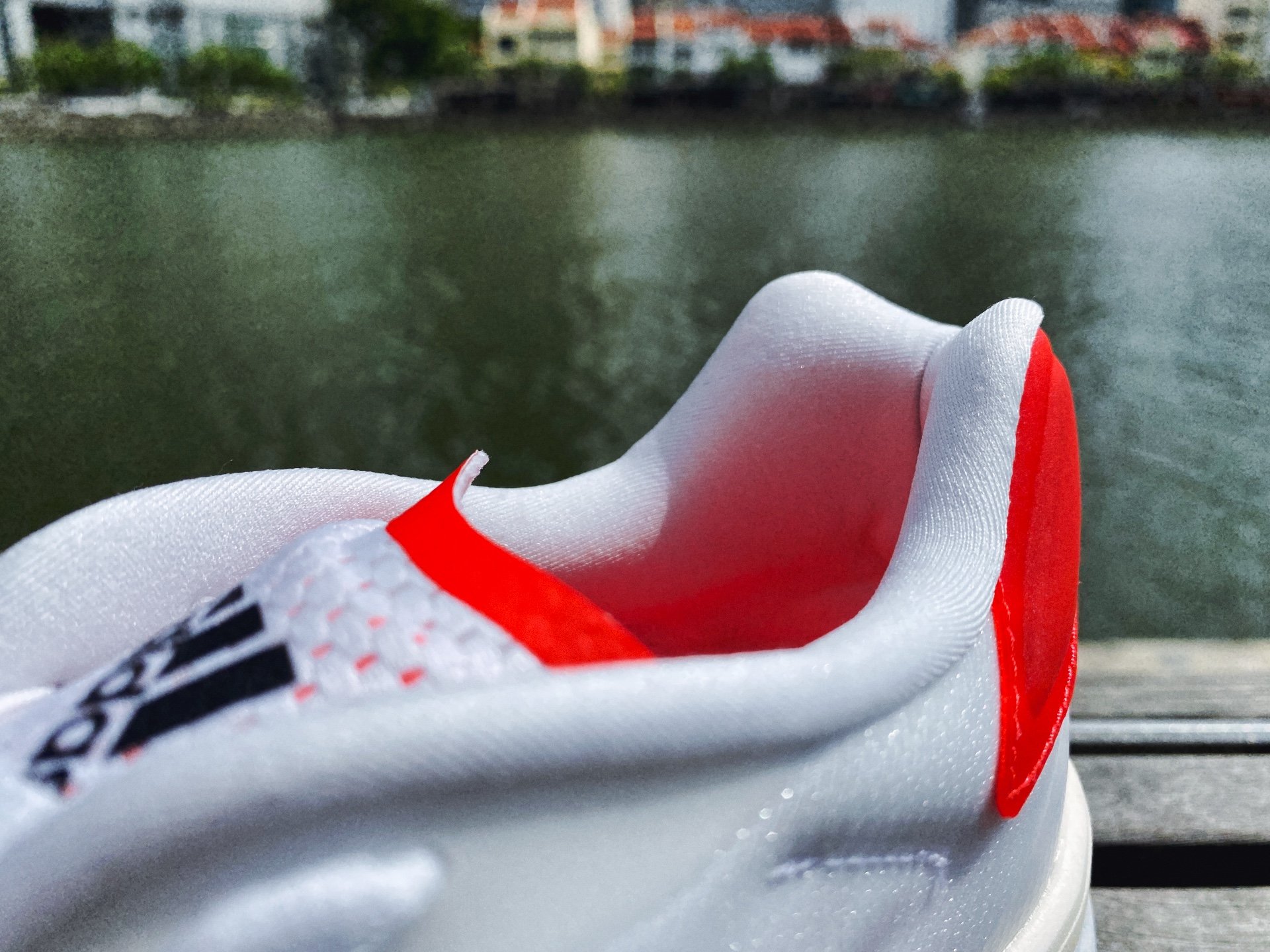
The internal heel counter is hard and adds a lot of structure and ankle support. There is foam padding in the collar, both internally and externally.
The puffy padding on the outside of the heel tab doesn’t do anything functional but adds unnecessary weight.
The flat tongue is gusseted and the right length so there is no tongue slide but on my pair, the tape border of the tongue has already come loose.
There is a big hole in the tongue on the side of it, between the tongue border reinforcement and the tongue material. Not great durability for a $140 shoe.
The fit runs a half size large so I recommend going down a half size for a more secure fit. At true to size, the fit is roomy and accommodating with too much space in the toe box.
Adidas Adizero Boston 10 Conclusion
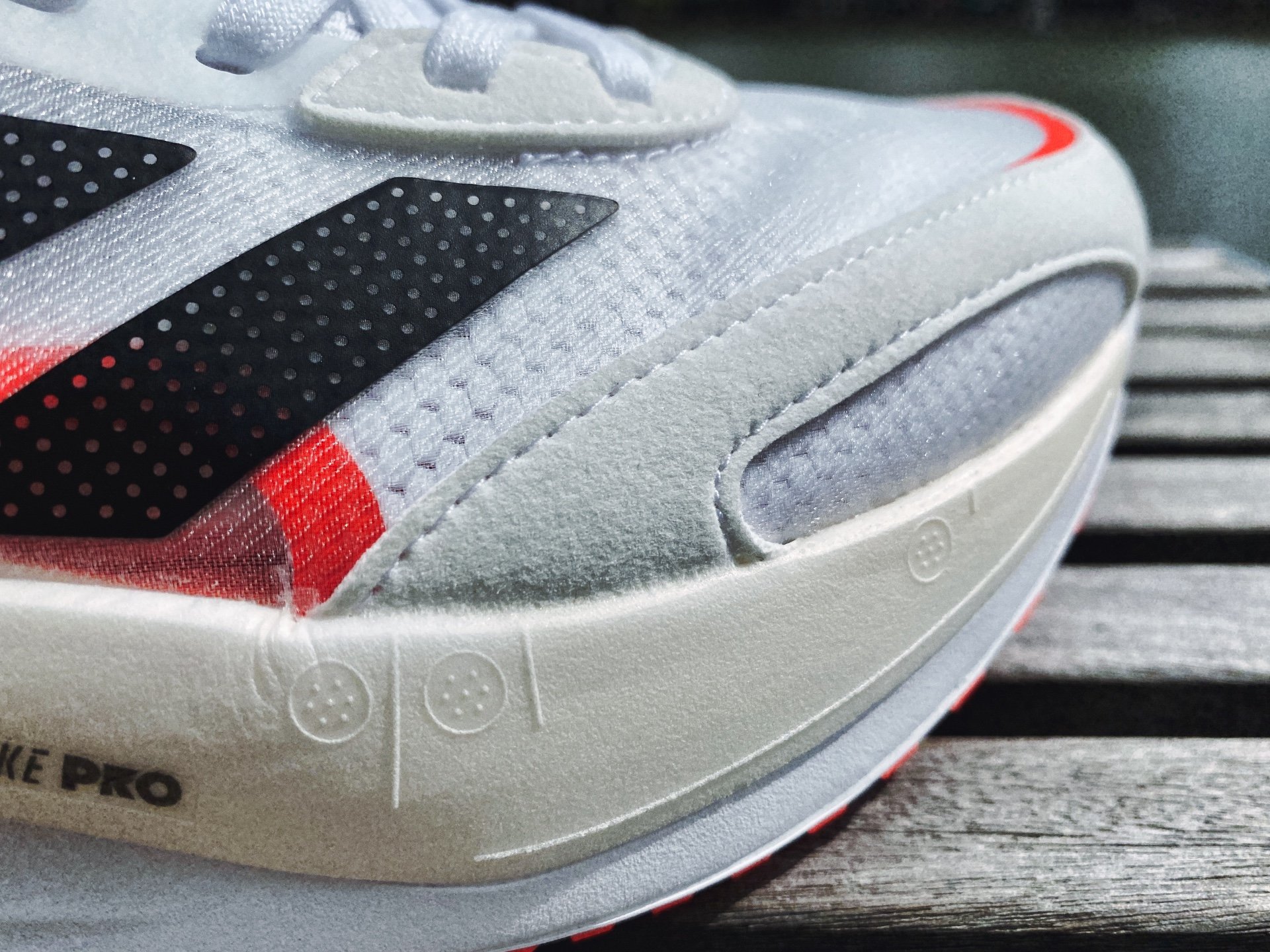
Upper issues aside, I enjoyed the Boston 10 a lot more than I thought I was going to and I managed to reach 50 miles in just 3 runs which is a record for me. This is testament to how much I enjoyed the shoe.
It doesn’t feel like a special shoe or have any standout features but as a whole, the Boston 10 is a daily trainer that gets the job done while making runs feel effortless and enjoyable.
I find myself wanting to do more runs in the Boston 10 even though I have other shoes to test.
Yes, it’s a heavy shoe but I don’t mind training in heavy shoes. Heavy shoes prevent me from running too fast on my easy runs and they make tempo runs easier when I switch to a lighter shoe because I’m used to a heavier trainer.
I enjoy the Boston 10 most for medium and long distance runs at steady or easy pace. That’s when the rocker combined with the Energyrods are most effective and save me energy.
Short, fast runs feel like a bit of a chore because of its heavy weight.
The Boston 10 does have some upper issues that you need to be aware of. It runs a half size large, has a loose heel fit and the tongue has durability problems.
I haven’t heard of the same tongue issue elsewhere so it could be that my pair was a faulty one.
The Boston 10 feels vastly different to any previous Boston and that’s a good thing. Running shoes need to adapt and evolve with the times.
There are new, groundbreaking technologies like Lightstrike Pro and Energyrods that Adidas shoes need to take advantage of. The Boston 10 does that.
If you really love the older Boston versions, you can always pick up the SL20.2 which is a lighter, cheaper, more traditional daily trainer.

I much prefer the Boston 10 because it has more cushioning and its ride is more exciting.
The Boston 10 is an excellent training companion to the Adios Pro. It delivers a similar ride but with much better durability, stability and is easier on the wallet.
Both shoes have similar rides with the main difference being that the Boston has a more flexible forefoot which is less jarring and feels more natural.
We purchased a pair of Adidas Adizero Boston 10 from runningwarehouse using our own money. This did not influence the outcome of this review, written after running more than 50 miles in them.
Adidas Adizero Boston 10 Price Comparison
This page contains affiliate links. As an Amazon Associate I earn from qualifying purchases.
